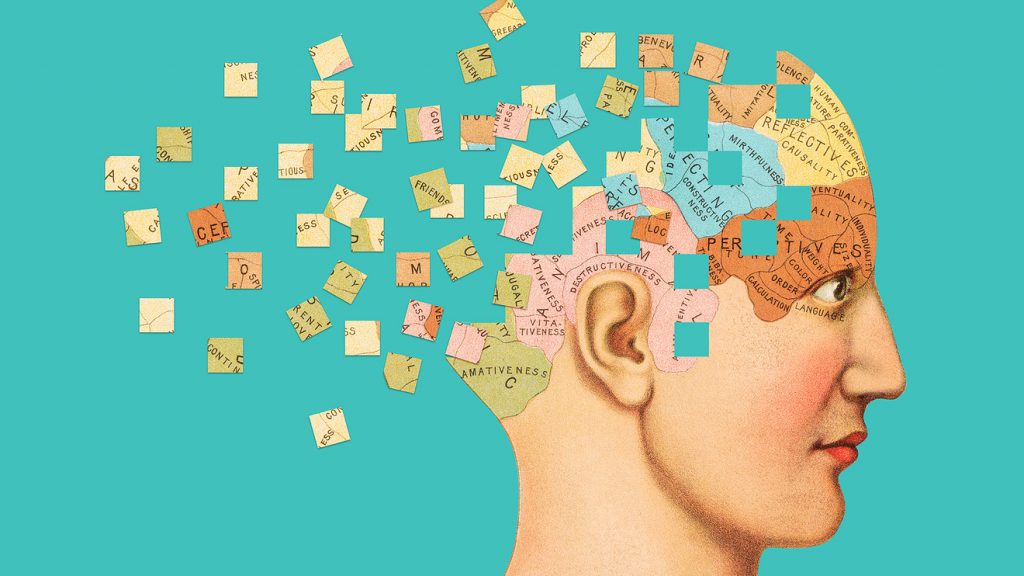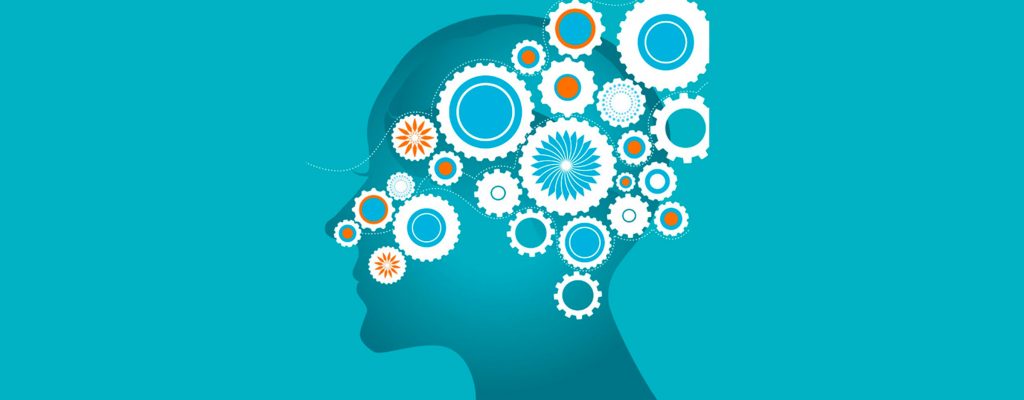
Experts claimed that treating serious and new mental disorders in seniors requires a lot of effort and time. As a person grows older, they are more susceptible to develop different types of mental-related issues. In connection to that, clinical experts may recommend the seniors went through a long-term diagnosis and regularly take the prescribed medicines. On the other hand, there might be a change in terms to the treatment plan of an aging person as they are more prone to develop new conditions while in medication.
As stated by the WHO (World Health Organization), depression and dementia are the two common types of mental illness experienced by seniors aging 60 years old and older. These two mental-related illnesses can affect 5 to 7 percent of the world’s older population.
A mental health of seniors is like appliances that start to show defects. Just like defective appliances, seniors who developed mental health disorders can be treated and become fully recovered. But as mentioned, addressing the mental issues of seniors requires a lot of time and effort.
The following are some of the mental health-related problems that might be experienced by an old-grown man. But don’t worry, since most of these problems are curable.
- Substance abuse disorders
- Schizophrenia
- Schizoaffective disorder
- PTSD (Post-Traumatic Stress Disorder)
- OCD (Obsessive-Compulsive Disorder)
- Dissociative disorders
- Personality disorders, which include narcissistic personality disorder and borderline personality disorder
- Bipolar disorder
Treatments for Mental Disorders in Seniors

As mentioned, treating the mental disorders experienced by elderly patients is life-long. The experts might recommend their patients to take psychiatric medications, such as antidepressants. Some may also be advised to go through stress-management techniques, support groups or self-help, CBT (Cognitive Behavioral Therapy, and talk therapy.
Since we have different personalities, the possible treatments should depend upon the patient’s condition. Some individuals might experience similar mental illnesses, and their treatments might be different because of various aspects. Finding the right course of treatment and diagnosis might be a process of trial and error.
In addition to that, the mental health state of a person can change as time goes by. Seniors might develop new conditions or can worsen their current health disorders during the treatment. This might be because of the coping skills and overall mood.
A healthy mental state greatly affects the overall well-being of a person. The untreated mental health problems of adults can increased mortality, lead to poor life quality, substance abuse, and diminished functioning.
Adults with current mental health issues are recommended to socialize and exercise more. Reading and walking are some of the good activities that not only help a person to become healthier but also enable an individual to enjoy life. Being sociable and doing exercise can affect your body and mind, which can lead to a healthier mental state.
Adults are prone to develop mental health concerns. The most common concern is mood disorder or anxiety that includes depression. Fortunately, most of these mental health issues are curable. With the right treatment and medication, one can overcome these issues.



